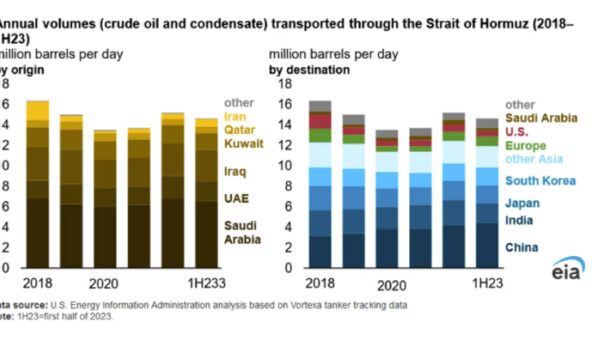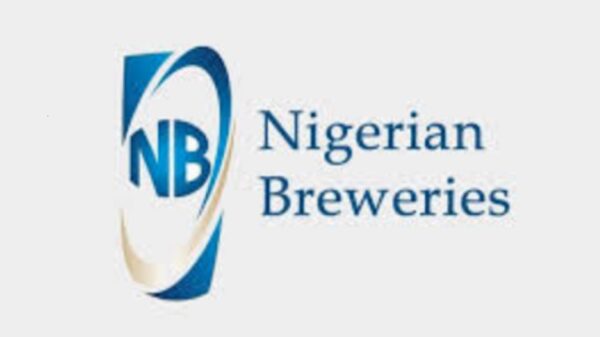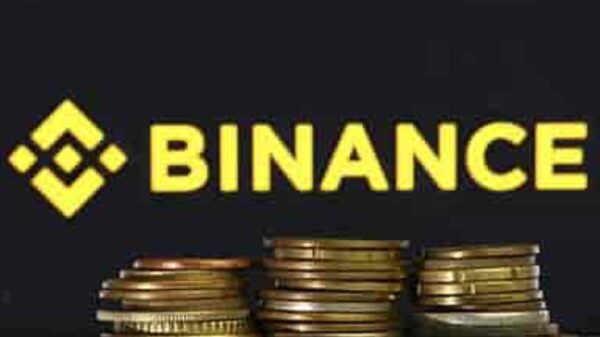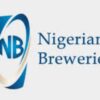In a recent development, the Central Bank of Nigeria (CBN) has dissolved the boards of directors overseeing Polaris Bank, Union Bank, and Keystone Banks. This move has stirred discussions and raised questions about the future of these banks. Shortly after the dissolution, the CBN appointed new CEOs and executive directors to take charge of the operations of these financial institutions.
New Leadership at the Helm
According to a statement from the acting director of corporate communications, the CBN’s decision takes immediate effect. Notably, the first first female Managing Director and CEO at Standard Chartered Bank in Sierra Leone. The Central Bank of Nigeria on Wednesday appointed Yetunde Oni as the new managing director/chief executive officer of Union Bank.. Additionally, Mannir Ubali Ringim has been selected as the executive Director of the Tier 2 bank.
Chika Mbonu’s Perspective on the Matter
To gain insights into these significant changes, we turn to business analyst Chika Mbonu, who shared his thoughts in a recent discussion. Mbonu emphasized the considerable power the CBN holds in managing the financial system. He drew parallels with a previous instance involving Central Bank and First Bank, highlighting the CBN’s authority to act in the interest of financial stability.
Mbonu addressed the ambiguity surrounding the CBN’s actions, referring to provisions related to breaches, threats to financial stability, non-compliance, and undercapitalization. He pointed out that while specific conditions could be measured, others remained subject to the CBN’s determination, creating a somewhat murky situation.
Examining the Troubles of Polaris Bank
Mbonu shed light on the acquisition process, noting that Polaris Bank was under AMCON supervision and subsequently sold to new investors with a capital injection of 50 billion which was acknowledged and entered into an agreement on how to pay back to 1.3 trillion.
The issue of investors being involved is another concern. The CBN-approved recapitalization plan aimed to address the bank’s financial woes over a three-year period.
Union Bank’s History and Ownership Questions
On the other hand, Union Bank’s history involves a private sale to Titan, where no federal government shares were initially involved. Mbonu suggested that the recent CBN intervention might be related to potential concerns about the funds used in the acquisition.
Keystone Bank’s Negative Capital
Keystone Bank, in particular, has faced challenges related to being undercapitalized, carrying negative shareholders’ funds of over 200 billion for an extended period.
Mbonu raised questions about Keystone Bank, emphasizing that a bank with negative capital raises concerns about ownership. He pondered whether a bank with substantial negative equity could be considered to have a genuine owner.
Consistency in CBN’s Actions
Mbonu urged for consistency in the CBN’s application of rules, pointing out that there are other banks in the system with negative capital that have not faced similar intervention. Ensuring fairness in the process is crucial to avoiding perceptions of unfair treatment.
Legal Recourse and Past Precedents
Acknowledging the recourse to legal systems, Mbonu referred to the lengthy Savanna Bank case, highlighting the importance of clarity and fairness in regulatory actions to prevent prolonged legal battles.
The Railway Corporation’s Security Dilemma
Shifting gears, Mbonu expressed concern about the Nigerian Railway Corporation’s allocation of 600 million Naira to construct police stations along its standard gauge corridors. While acknowledging the need for security, he emphasized the importance of a comprehensive approach, including power supply and connectivity between stations.
In conclusion, Mbonu left the audience with a call for more clarity on the unfolding situation and hinted at the possibility of revisiting the topic as more details emerge. The discussion shed light on the challenges facing these banks, the regulatory landscape, and the broader implications for Nigeria’s financial stability.























































You must be logged in to post a comment Login